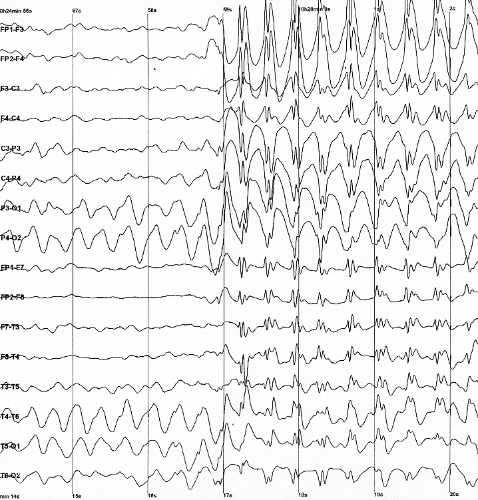Do epilepsy medications taken during pregnancy affect a child's development?

Children born to women taking certain medications for epilepsy during pregnancy have no developmental delays at age three when compared to children of healthy women without epilepsy, according to a preliminary study released today, March 4, 2021, that will be presented at the American Academy of Neurology's 73rd Annual Meeting being held virtually April 17 to 22, 2021. Most of the women with epilepsy in the study took either lamotrigine or levetiracetam during their pregnancy, or a combination of the two.
"Having a seizure during pregnancy may not only harm the mother but possibly the baby as well, so seizure control is an important part of prenatal care," said study author Kimford J. Meador, M.D., of Stanford University in Stanford, Calif., and a Fellow of the American Academy of Neurology. "Yet, antiseizure drugs are known to cause birth defects or neurobehavioral problems, but these effects vary widely with some having very low risks but others having substantial risks. While the risks for some medications are known, and careful planning can result in healthy pregnancies, there are some newer medications for which the longer-term effects are still not fully known."
The study involved 275 women with epilepsy and 77 women without the disease. All enrolled in the study during pregnancy.
Drugs for epilepsy called antiseizure medications were recorded for each woman taking them. Of the women with epilepsy, 74% were on monotherapy meaning they were taking just one medication. Of this group, 43% were on lamotrigine and 37% were on levetiracetam. There were 4% who took no drug and 22% took more than one drug. Of those who took more than one drug, close to half took a combination of lamotrigine and levetiracetam. Levels of medications in the blood of the women with epilepsy were measured in the third trimester.
The women's children were evaluated at age three with a series of cognitive and developmental tests that measured skills like vocabulary, listening comprehension, number recall and pattern recognition.
After adjusting for mothers' IQ and education, researchers found no differences in developmental scores between the children born to mothers with epilepsy and those born to mothers without the disease.
In addition, they found no developmental differences between the children of mothers with epilepsy that could be linked to the different levels of antiseizure medications found in mothers' blood samples during the third trimester.
"While more research is still needed, our study results are reassuring to women with epilepsy who may be considering pregnancy as we found no neurodevelopmental or neuropsychological problems in three-year-old children linked to antiseizure medications," said Meador. "When a woman of childbearing potential receives an antiseizure medication, she should be advised by her physician to determine the best medication to control seizures and minimize any risks to the baby."
















